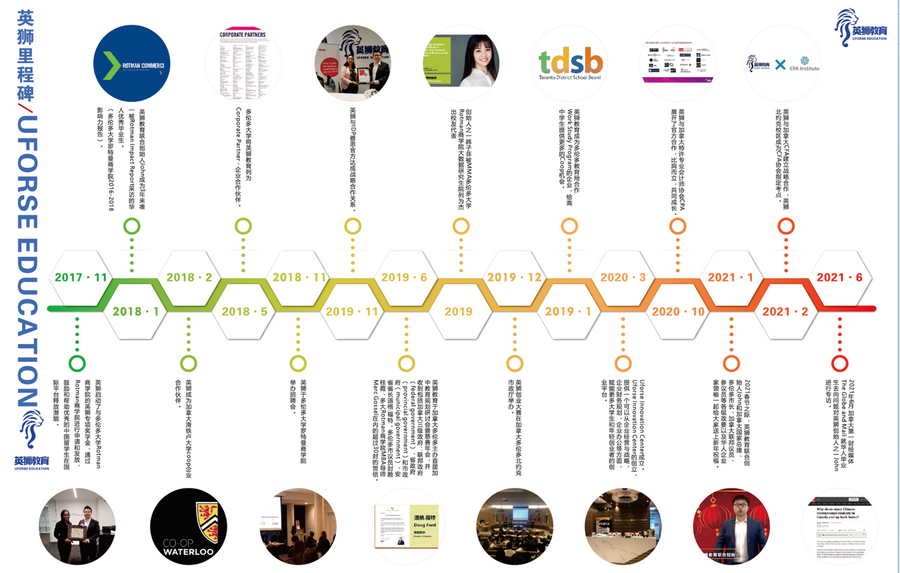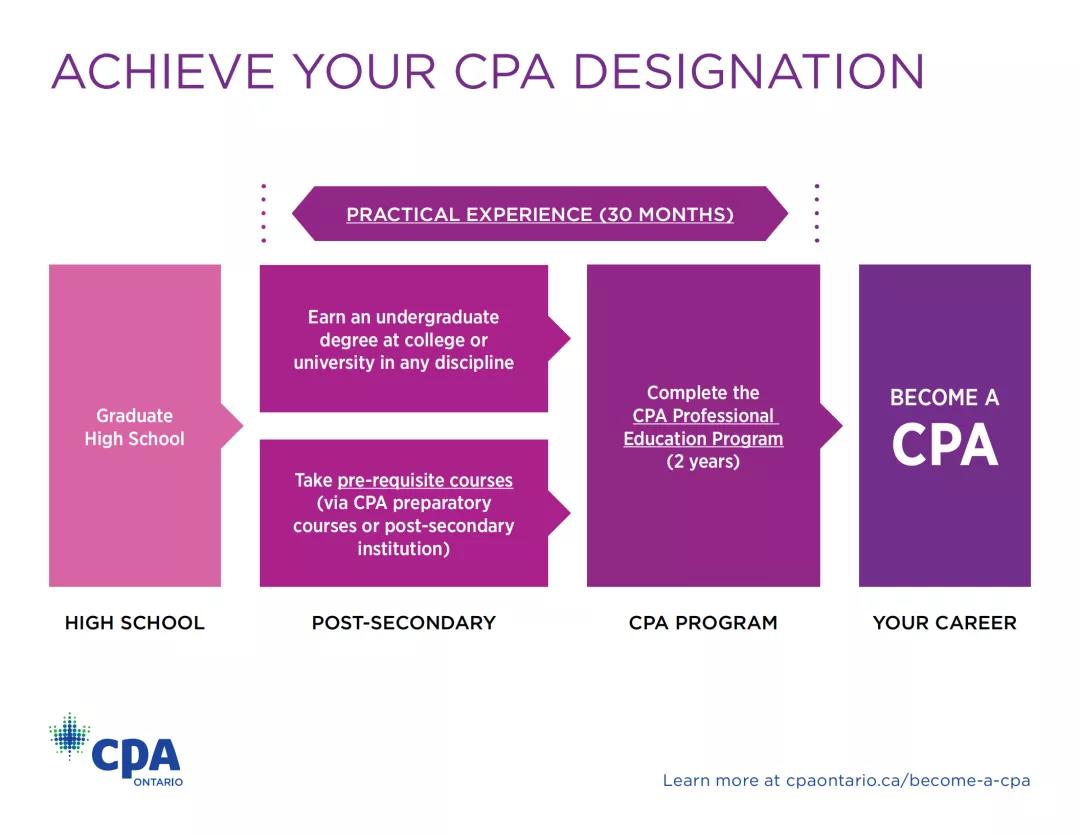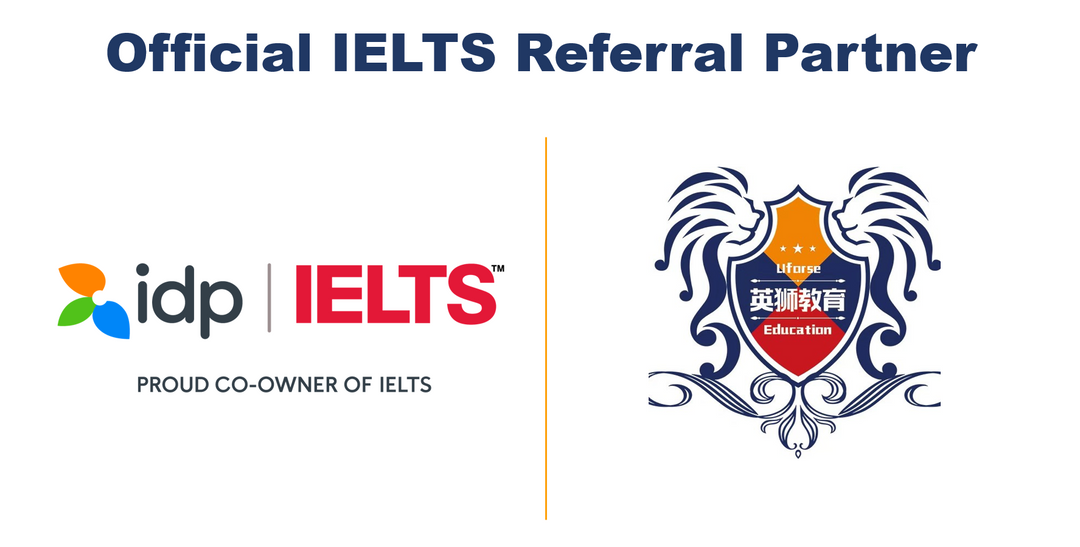What you need to know when applying for a master's degree in Canada!

Compared with universities in the United Kingdom, the United States, Singapore and Hong Kong, Canada 's higher education institutions have always maintained a highly confident attitude. They are usually not eager to change their image and do not pay much attention to university rankings. This makes people planning to study in Canada students often feel conflicted. Whenever I apply for a master's degree in Canada, I often feel like I am fighting alone, as if I am facing thousands of troops and feel lack of confidence.
The actual situation is indeed the case. Master's degree applications in Canada are relatively strict, with limited opening opportunities, relatively high admission standards, and fierce competition . So, what conditions need to be met to apply to study in Canada? What common questions have attracted everyone's attention?

What types of master's degrees are available in Canada? Taught Master’s Degree:
A taught master's degree can be regarded as the Canadian version of a domestic professional master's degree. It is usually course-based. Students can choose to graduate after completing all courses, or they can choose to complete most of the courses and submit a thesis or course design work before graduation.
Compared with research master's degrees, taught master's courses are less difficult but cover a wider range of knowledge. The curriculum is usually career-oriented and focuses on practical applications, helping students quickly enter the professional field. The duration of a taught master's degree is generally 1 to 2 years.
Master by Research:
A research master's degree can be regarded as the Canadian counterpart of a domestic academic master's degree, but the most significant difference between the two is that a research master's degree must be guided by a mentor and must complete a high-quality thesis (thesis) in order to graduate. Research master's degrees are usually research-centered and aim to cultivate professional research talents. In most cases, Research Masters students choose to continue on to a PhD. Judging from the time span of the course arrangement, a research master's program usually takes two years or more to complete.
Canadian master's degree application requirements academic requirements:
To apply for a Canadian graduate program, applicants need to have domestic or international undergraduate qualifications to study or graduate , and must have an undergraduate degree certificate and diploma after graduation.
Undergraduate GPA:
Usually, the minimum admission requirement for applying for postgraduate study in Canada is a GPA of 80 points (percentile) or above 3.0, while some more prestigious Canadian universities may require applicants to obtain above 85% in professional courses in the past two years .
Language scores:
Normally, applying for postgraduate study in Canada requires meeting language requirements. Most of the minimum requirements are TOEFL 80 or IELTS 6.5 , but the exact requirements will vary from university to university. It is worth noting that there are almost no conditional admissions for applying for postgraduate study in Canada. Therefore, when preparing to apply, you should ensure that you have obtained language scores that meet the postgraduate admission requirements.
Standardized test scores:
Regarding the two standardized tests, GRE and GMAT , generally speaking, most Canadian institutions do not have mandatory requirements, but some well-known universities may recommend that students provide standardized test scores in order to select outstanding applicants. Applicants can check the specific requirements and the average scores of previously admitted students through the school's official website to decide whether they need to submit these scores.
Letters of recommendation and paperwork:
Applicants are required to obtain letters of recommendation from professors or mentors and write a personal statement . The application essay plays a vital role in the application in addition to grades. It provides an opportunity to fully present yourself and even make up for some shortcomings in grades or GPA .
other materials:
Resume, competition award certificate, internship/work certificate, volunteer certificate, extracurricular activities, etc.
Ranking of Canadian institutions (QS top 150 institutions in 2024)
1. University of Toronto
As of 2024, the university ranks 21st in the QS World University Rankings. It is a first-class higher education institution in Canada and even the world, and is also ranked first in Canada.
2. McGill University
As of 2024, the university ranks 30th in the QS World University Rankings. It is a top-notch public research university in Canada and one of the universities with the highest admission scores in Canada.
3. University of British Columbia
The University of British Columbia, often abbreviated as UBC, ranks 34th in the QS World University Rankings in 2024, and is known as the "Big Three" of Canadian universities along with the University of Toronto and McGill University.
4. University of Alberta
As of 2024, the University of Alberta ranks 111th in the QS World University Rankings. As a member of Canada's G13 University Alliance, the school's School of Engineering enjoys an excellent reputation and strong strength.
5. University of Waterloo
The University of Waterloo was founded in 1957 and ranks 112th in the QS World University Rankings as of 2024. The school is known for its excellence in subjects such as mathematics, engineering, and computer science.
6. University of Western Ontario
Western University, also known as the University of Western Ontario, was founded in 1878 and is an institution of higher learning with a long history. As of 2024, the school ranks 114th in the QS World University Rankings. Western University has accumulated more than 140 years of academic heritage and rich talent resources.
7. University of Montreal
The University of Montreal, located in Montreal, was founded in 1878 and is a French-speaking public research university with a long history. As of 2024, the school ranks 141st in the QS World University Rankings.
Popular postgraduate majors in business management in Canada:
The Master of Business Administration (MBA) is one of the most popular business majors in the world. It provides a wide range of employment opportunities after graduation, making it the first choice for many international students. Canada has many business schools with international reputations. The quality of education is balanced and generally high, and the degree certificates are highly recognized. In addition, compared with other major countries for studying abroad, the tuition fees for MBA programs in Canada are relatively low .
Finance and Financial Majors:
The field of finance and finance offers a wide range of career opportunities, and finance graduates have bright employment prospects . Similarly, accounting graduates have always performed strongly in the job market, with demand particularly strong during economic booms.
biology:
Biology covers two important areas of human anatomy and physiology that are critical to medical school. In this field, Canada’s top universities such as the University of Toronto and McGill University rank among the top 10 in the world and can be regarded as one of the top majors.
Computer Science and Information Technology:
Computer Science and Information Technology is currently one of the most popular majors in Canada. Canada has many prestigious universities and colleges, such as the University of Toronto, University of Waterloo, University of British Columbia, McGill University, etc., which enjoy strong strength and reputation in the fields of computer science and information technology. In addition, Canada's computer science and information technology industries are also very developed , attracting many world-renowned technology companies to set up R&D centers in Canada, providing a large number of employment opportunities.
Mining and Mining Engineering:
Mining engineering is an interdisciplinary engineering science that has developed into a highly complex and cross-cutting subject . This discipline covers multiple directions such as metal mining technology, mineral processing technology, and engineering geological exploration. There are close connections and interdependence between these directions.
Education:
Within the liberal arts, education is one of the most popular fields with good career prospects. Pedagogy includes a wide range of professional fields, including adult education, psychological counseling, higher education, curriculum planning, language education, early childhood education, education policy, etc. , covering a variety of career opportunities.
Limited time offer for back-to-school season
Limited time offer for student courses. Seats are limited. Please consult your academic advisor to register.


Add an academic advisor to get more tips for the application season

END








